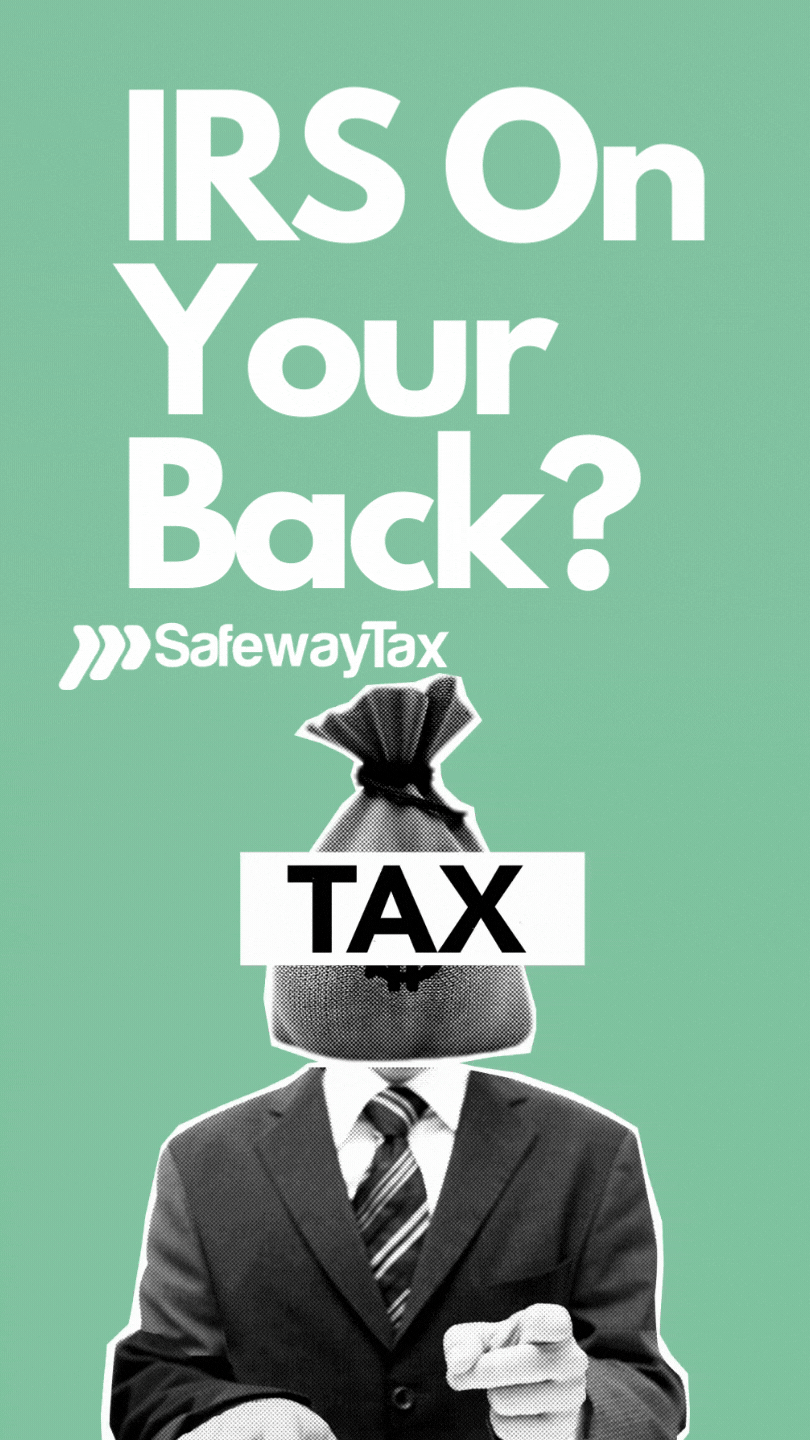If you fail to secure a job but still look forward to employment, you can apply for unemployment benefits in many countries. Through unemployment benefits, you will be paid a certain amount of money until you manage to land a job. However, you can withhold unemployment taxation in order to minimize the penalties and additional costs.
Federal taxes apply to all, even if you are getting unemployment benefits. You can withhold unemployment taxes simply by voluntarily applying for them. This will help you avoid penalty charges if you are unable to pay on time later on. You can also pay in installments to help minimize the cost.
The consequences of unemployment taxes can be minimized by taking certain steps and procedures. If you are someone who is committing a moral hazard, then that is also a different scenario. Let us read more to find out how you can withhold taxes related to unemployment benefits.
How Do Federal Tax Unemployment Benefits Work?
A portion of your regular wages is replaced by unemployment benefits. To the IRS, it’s just like any other wage, therefore it’s taxed at the same rate as your regular income. The rate at which you must pay the tax you owe on unemployment benefits is determined by your tax bracket, income level, and overall tax status.
Upon receiving unemployment benefits, you will be provided with a form ‘1099-G’. The form will have statements showing how much income you were provided with and received. The total will then show how much taxes are withheld.
Withholding Unemployment Taxes
If you are granted unemployment benefits by the government, you are required to pay a lower tax return than you did before. This works as an IRS tax relief. Those who do not volunteer withholding of unemployment tax have the option to also make quarterly tax payment estimations. You will still have to pay 10% of your gross benefits payment for federal withholdings.
Withhold weekly tax payments
You can withhold taxes on unemployment benefits from your weekly payments. This way it is easy to pay income taxes to the federals. With weekly payments withheld the percentage of tax payable decreases. If you wish to withhold income taxes on weekly payments, simply file a form with your state’s unemployment office and instruct them.
A Form is a W-4V form that allows you to pay the remaining tax payable while compensating the weekly tax imposed. The state will then withhold 10% out of each payment. There will be no other amounts or percentages applicable on this.
Withhold quarterly payments
You can make quarterly payments to the IRS. To do so you must mail a check with Form 1040-ES. You may also make payments online via IRS Direct Pay. This way of withholding payment is still considered of high maintenance comparatively.
You’d need to estimate the total amount of tax you need to pay for your unemployment benefits. Make a tax resolution and then apply to pay for your taxes in quarterly payments.
Withhold payments by State-levels
Unemployment benefits are like any other wages to the IRS, so it is as well taxed as your normal income tax rate. When it comes to tax forgiveness, some states do not tax unemployment benefits while other states don’t have income taxes.
Some states will give unemployment benefits in full while others impose only a portion of their benefits to tax. There are eight states in the United States of America where you don’t have to worry about paying income taxes on your benefits.
These are the eight big states (Alaska, Texas, Wyoming, Nevada, South Dakota, Florida, Tennessee, and Washington). If you are a resident of New Hampshire, then you will not have to pay taxes for unemployment benefits.
If you are a resident of California, Pennsylvania, New Jersey, and Virginia then you don’t have access to unemployment benefits. The states don’t worry about withholdings at the state level either. If you belong to the states mentioned above, then contact your state’s tax agency or your tax advisor to see how you can have your tax-relieved on unemployment benefits.
The other 37 states should give you the right to set up withholding of taxes online when you are applying for unemployment benefits or receiving them.
Consequences If You Fail To Pay Federal Taxes
If you have your unemployment benefit taxes withheld, then you will be able to pay the rest easily. However, if you belong to a state that does not have unemployment benefits or you were not granted one, it gets very difficult.
If you are eligible to pay taxes to the federal and IRS and you fail to pay them in full, there are certain things you can do.
Financial planning
Come up with a financial plan where you list your current and future expenses, debts, and how much you make. Once you have done that, you will know how much you can afford to pay off taxes. If you have the plan in place, you can maintain the timeline of your payments and pay accordingly. Make sure you owe a certain amount and have all your statements accurate.
Contact a tax relief company
The United States of America has a few of the best tax relief companies. Tax relief companies are for-profit organizations that negotiate with the IRS on your behalf to help you reduce your tax debts.
There is a fee that you have to pay in order to avail of their services. There are higher chances of success while negotiations happen between the IRS and tax relief companies than for you to do it all alone. If you fail to pay on time, you will be charged with interest and penalties. It is best to let them handle your case.
Conclusion
Even if you are getting unemployment benefits from the government, you will have to pay federal taxes. To withhold unemployment benefit taxes, you have to voluntarily apply for it and contact your tax advisor or state’s tax agency.
Contact a tax relief company if you need help in paying off your unemployment benefit tax debt.





